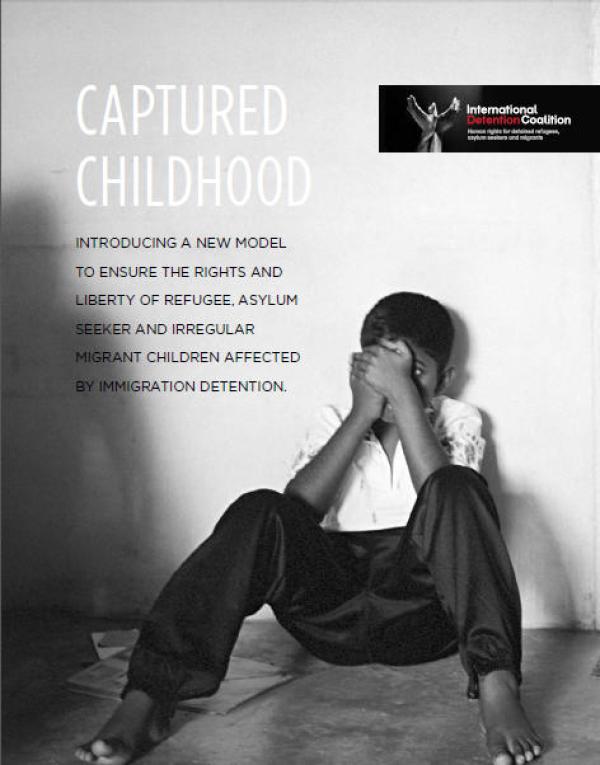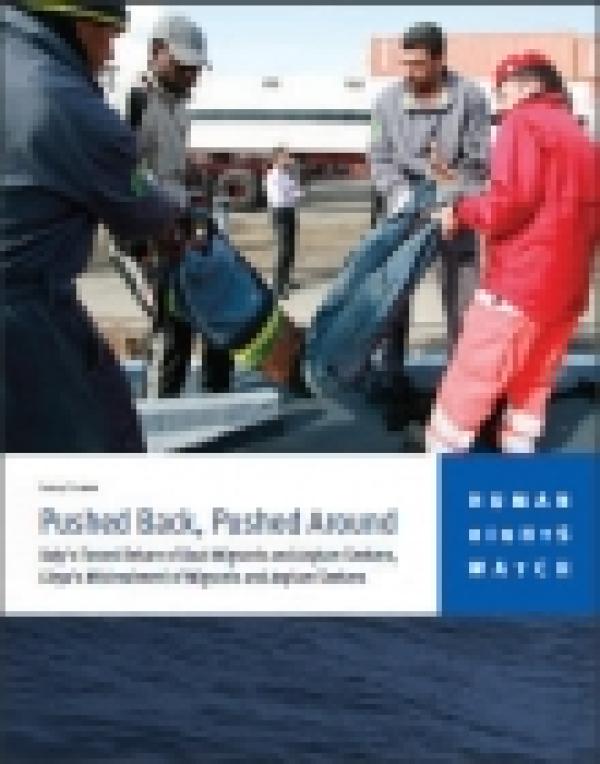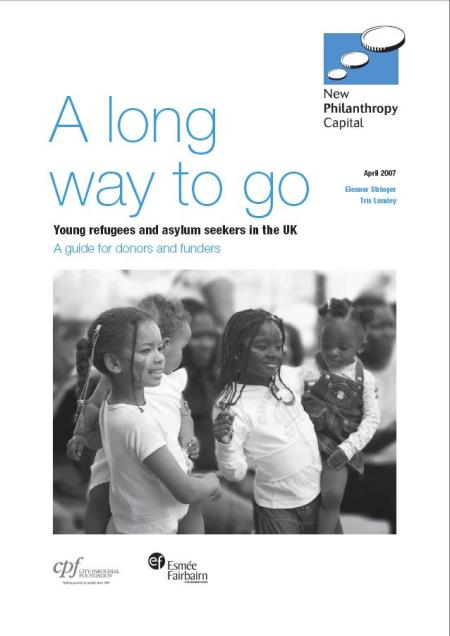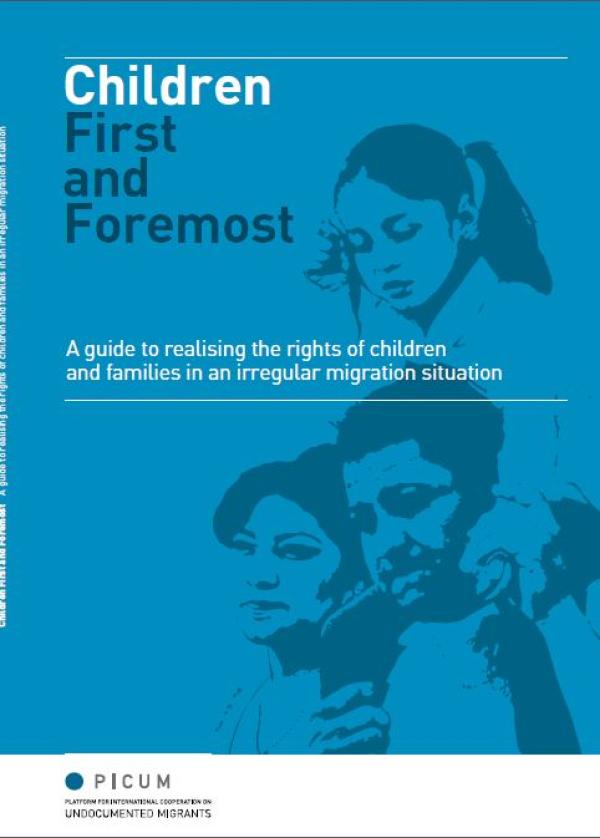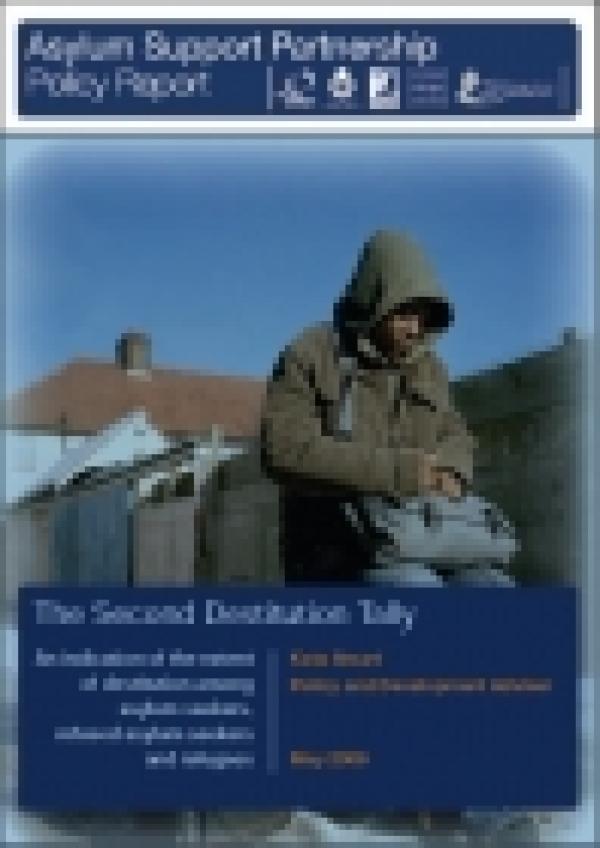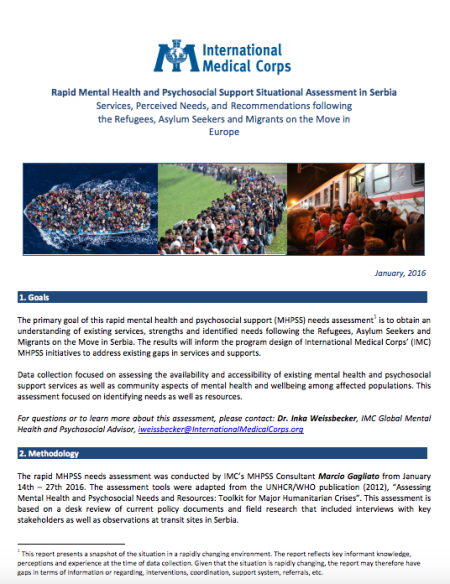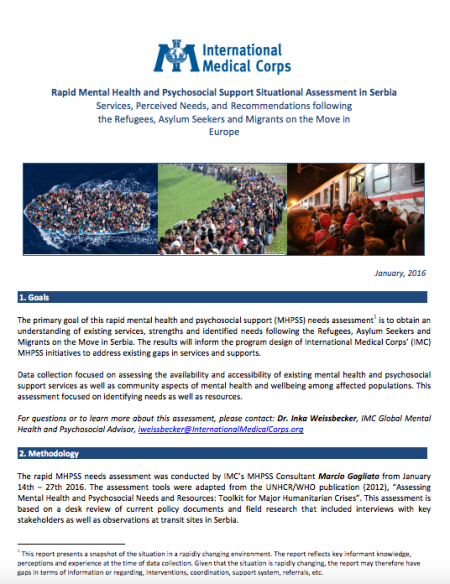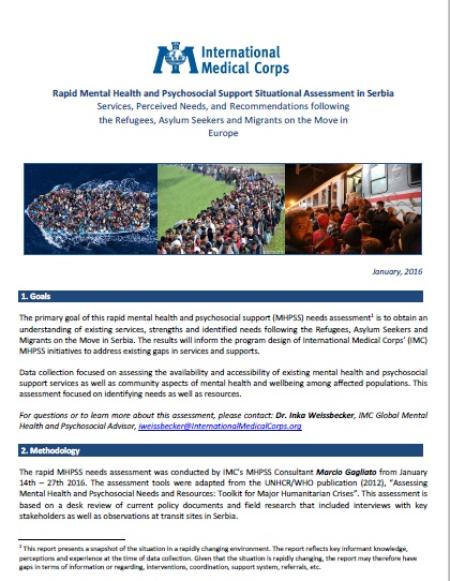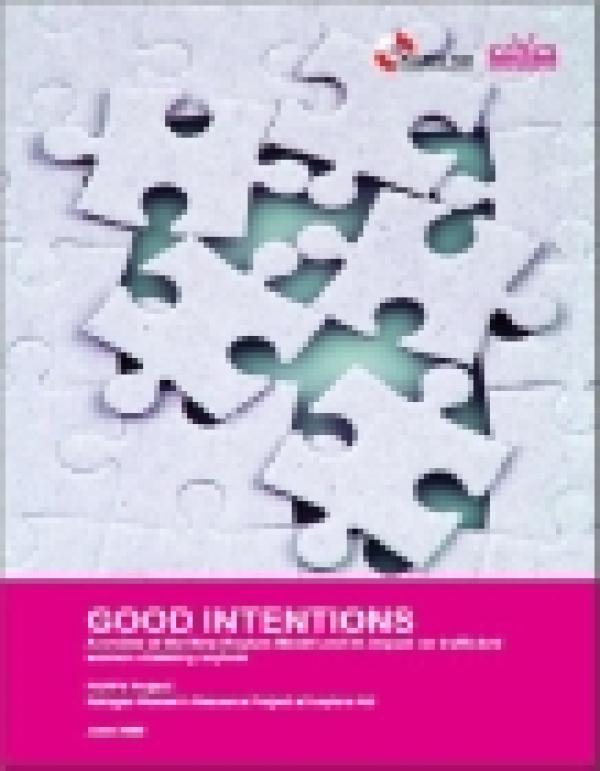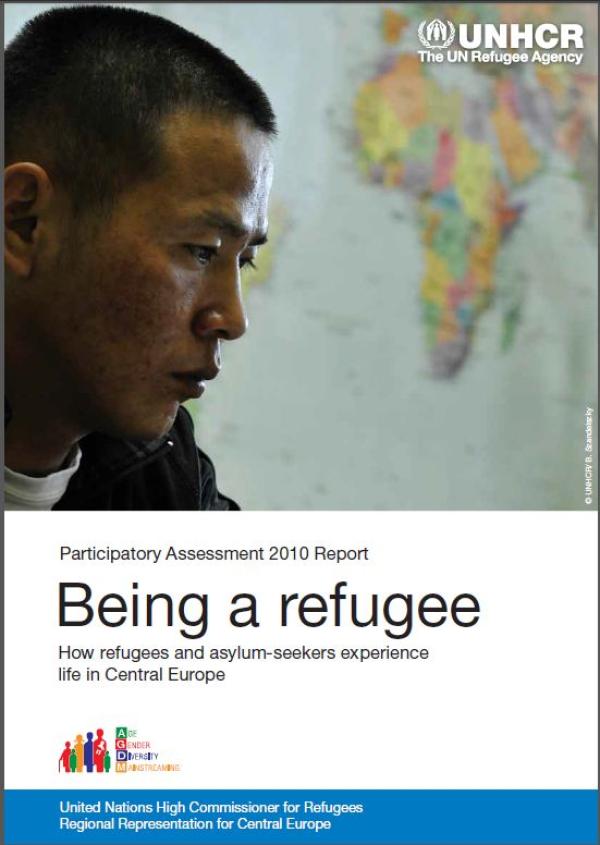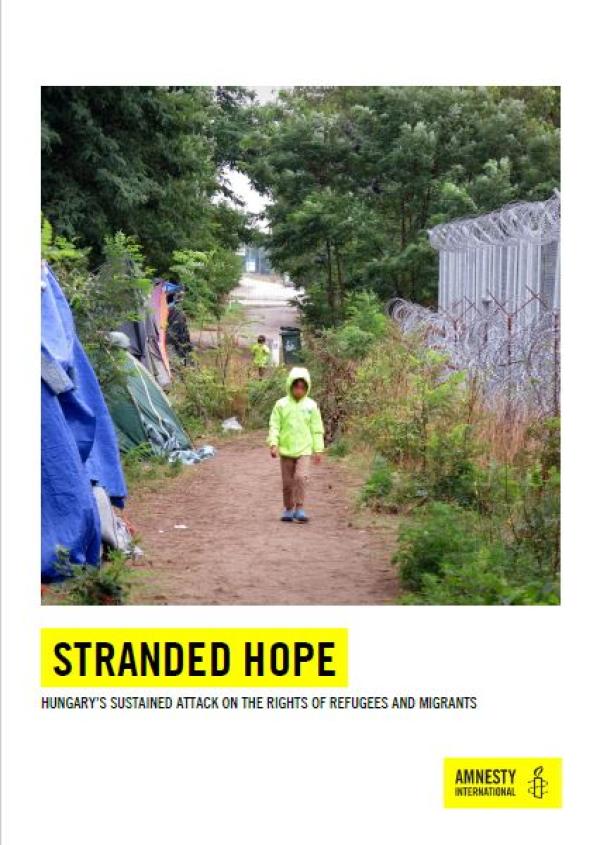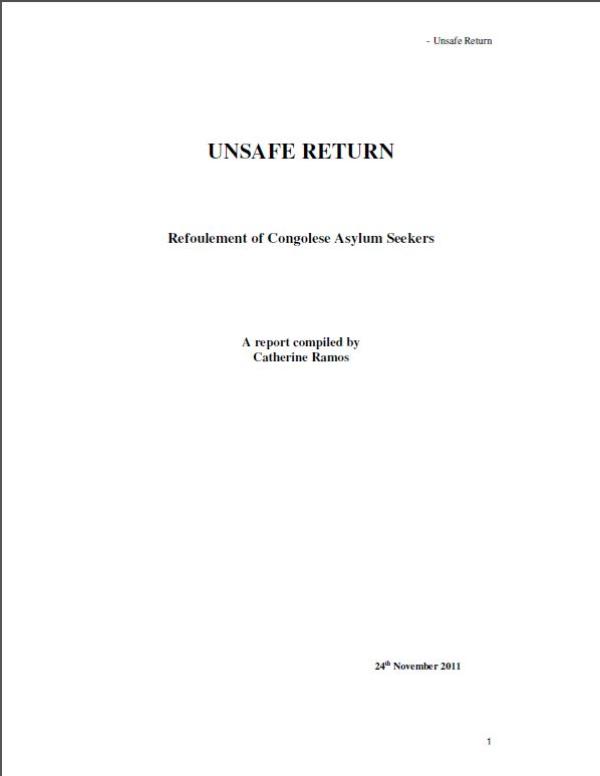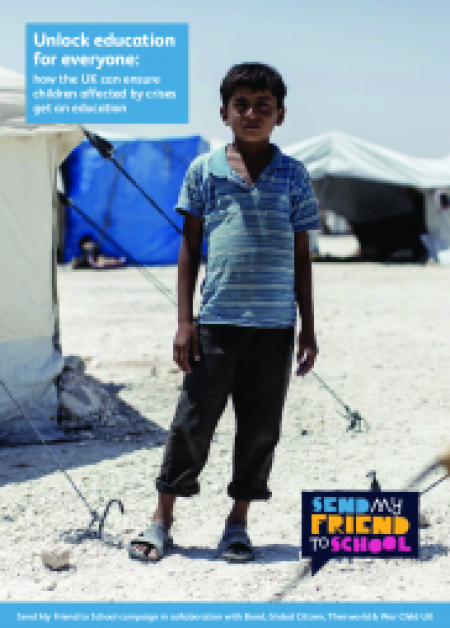
In total 70 children were interviewed in Malta, Greece, Hungary, Turkey, the US, El Salvador, Mexico, Israel, Egypt, Malaysia and Australia. The children had travelled from Afghanistan, Sudan, the Democratic Republic of Congo, Somalia, Ethiopia, Honduras, Colombia, El Salvador and Guatemala. Consistent with the Convention on the Rights of the Child, this policy document conveys the stories of children who have been in immigration detention. Their experiences highlight the need for alternative approaches to managing the irregular migration of children. The stories of children and their families are complemented by insights drawn from consultations with 80 professionals from 54 organizations in 11 countries. The IDC has further consulted with 260 professionals and organizations from 62 countries on immigration detention more broadly. Of these, 180 people from 56 countries attended IDC regional workshops, which explored the problem of detaining children for immigration purposes. Further, the policy document is informed by a range of relevant literature, and by the expertise of the IDC staff and associates. An expert committee of advisors also contributed valuable insights. States detain children who are refugees, asylum seekers, and irregular migrants for a number of reasons. Children are detained for health and security screening, to check their identities and to facilitate their removal from the particular territory. There are more effective and humane approaches than detention to achieve these policy goals. Sometimes, states detain children because it is more convenient to detain them than to release them into the community. Further, states use detention to deter others refugees, asylum seekers and irregular migrants from seeking to make the journey. Such justifications for detaining children are unacceptable. Key recommendations for all States include: As it is never in the best interests of a child to be detained for immigration purposes, States should ensure that a minimum level of protection and support for children is in place in the community. States should articulate in their legislation and policies that: * Children who are refugees, asylum seekers and irregular migrants are, first and foremost, children. * The best interests of the child must be the primary consideration in any action taken in relation to the child. * The liberty of the child is a fundamental human right. States should develop legislation, policies and practices to ensure that refugee, asylum seeker and irregular migrant children are free to reside in the community during the resolution of their immigration status. The document also proposes a five-step model called ‘child-sensitive community assessment and placement model’ to ensure that children are not detained for immigration purposes.


